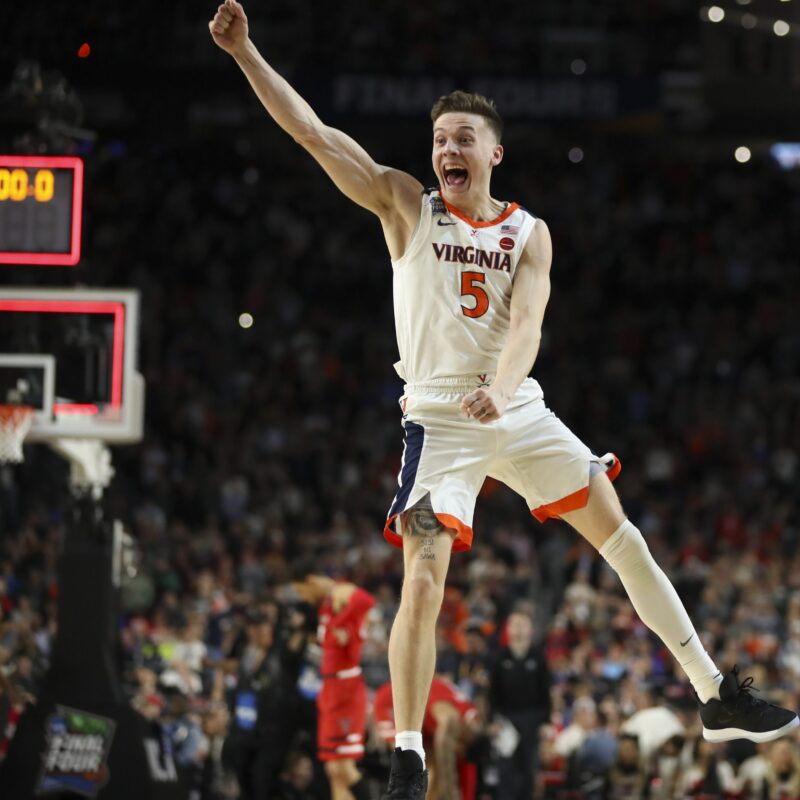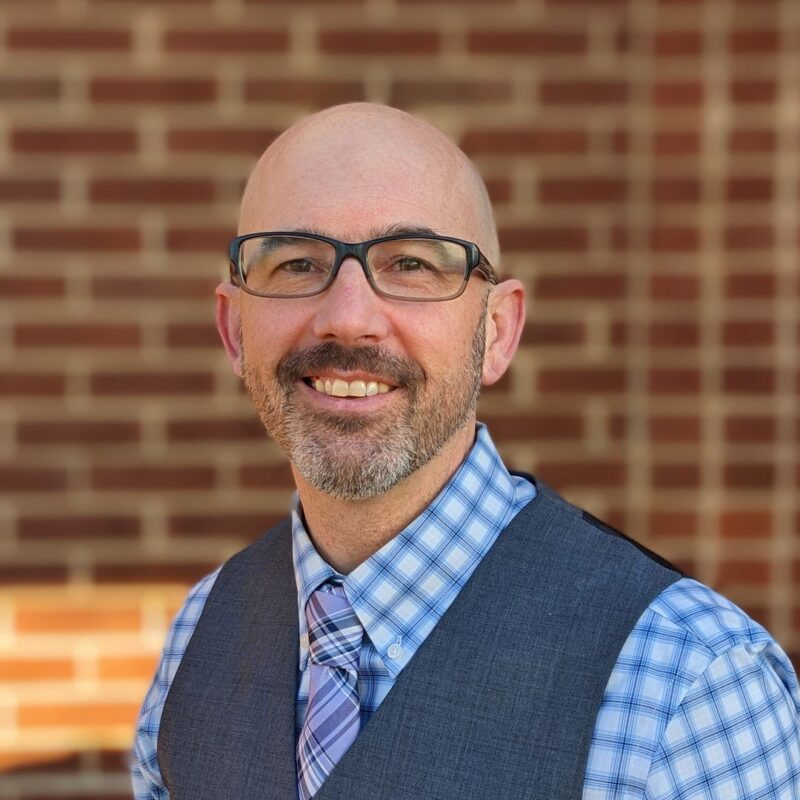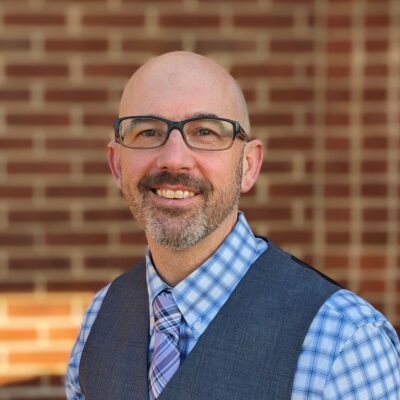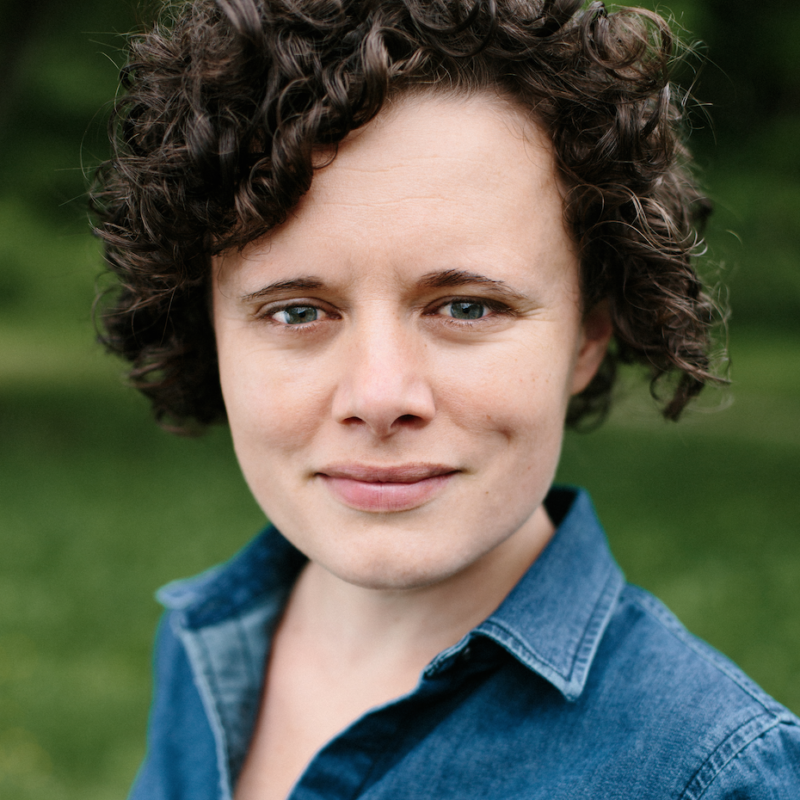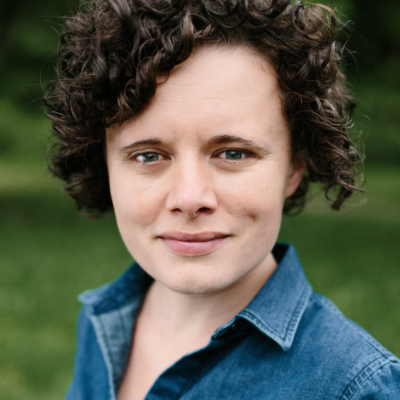Isabel Castillo is undocumented and unafraid. When she was 6, she left Mexico for the United States and has been living in Harrisonburg ever since. She graduated magna cum laude from Eastern Mennonite University (EMU) with a degree in social work, but she currently waits tables.
|
Isabel Castillo says she wants to use her degree to give back to her local community in Harrisonburg, and would like to see undocumented Central Virginia residents be able to do the same. |
Now 26, Castillo also works tirelessly to lobby Congress to pass the DREAM Act, a piece of legislation that would give immigrants who were brought to the United States at a young age legal status and clear the path for citizenship if they pursue a college degree or enlist in the armed forces. Although it failed to gain enough support to pass last fall, the DREAM Act was reintroduced in Congress for a vote after President Obama’s recent immigration proclamation.
Nationally, about 65,000 undocumented students graduate high schools around the country every year. However, even those who can attend college are often unable to find employment after graduation.
Unlike many undocumented immigrants, Castillo chose to be visible. She founded DREAM Activist Virginia and co-founded the National Immigrant Youth Alliance. She was profiled by the New York Times and is about to receive an honorary doctorate from the University of San Francisco.
“It was really after I graduated from EMU that I decided to share my story and be more open about it,” Castillo told an audience at a workshop hosted by Creciendo Juntos, a local network of agencies that serves the Latino population in both the city and county.
According to the most recent census numbers, the Latino population in Virginia increased 92 percent in just 10 years. Locally, the increase was even greater. In Charlottesville, the Latino population increased 100 percent, while the population in Albemarle rose a hefty 260 percent. The Latino population represents 5.1 percent of the city population and 5.4 percent of the county population.
Currently, undocumented students can apply to colleges throughout the country, but pay out-of-state tuition. In Virginia, some state colleges require proof of citizenship at the time of admission and won’t admit those without. During the past General Assembly session, a number of anti-immigrant bills were introduced, including efforts to ban undocumented students from attending state colleges and universities.
Fortunately, says Castillo, “we were able to stop many of these bills.” Castillo also addressed Governor Bob McDonnell during a town hall meeting last year. She asked if he would support the DREAM Act. “We are talking about people who are already here, who have been here all their lives and are good citizens, but he said no,” she says.
Andrew Modlin, executive director of enrollment management for Mary Baldwin College, said that the only time the legal status of a student is a factor is in the financial aid office. “What we are trying to do is work with students the best we can,” he told the Creciendo Juntos audience. “Our communities are dependent upon a wide variety of different students, [and] are very dependent upon the personalities that are coming through our door. We want to make it possible for them to be there.”
/Isabel_Castillo.jpg)
